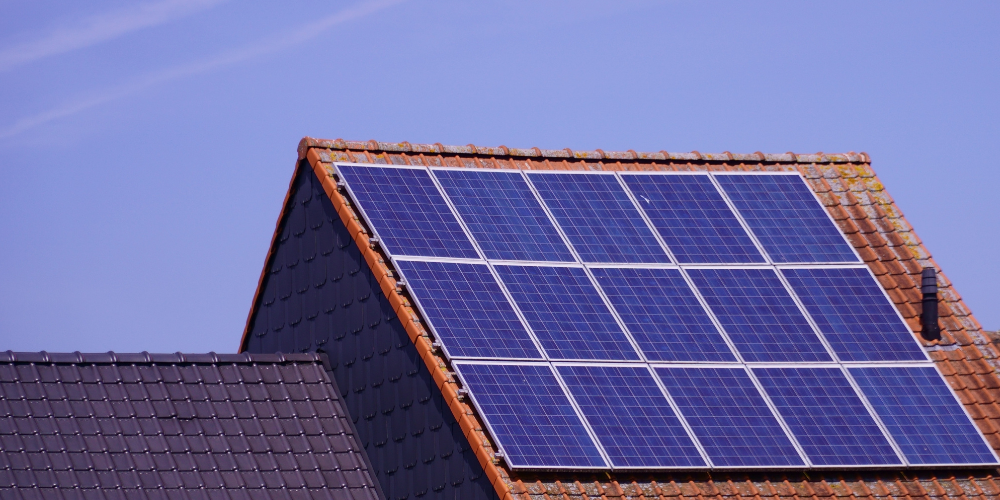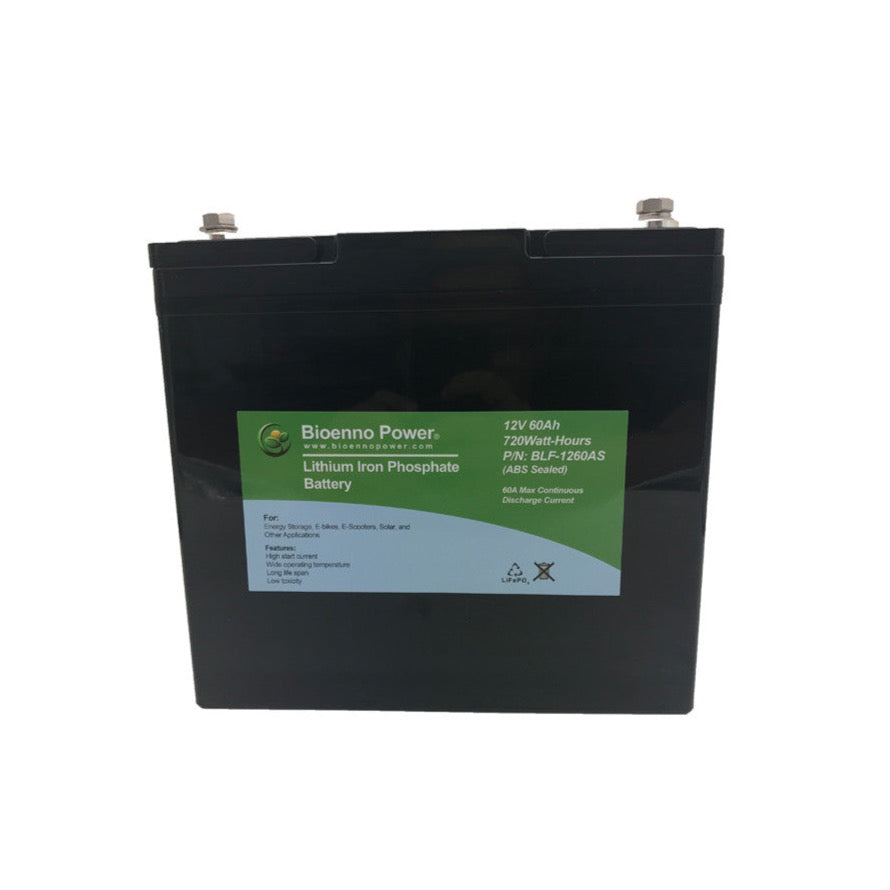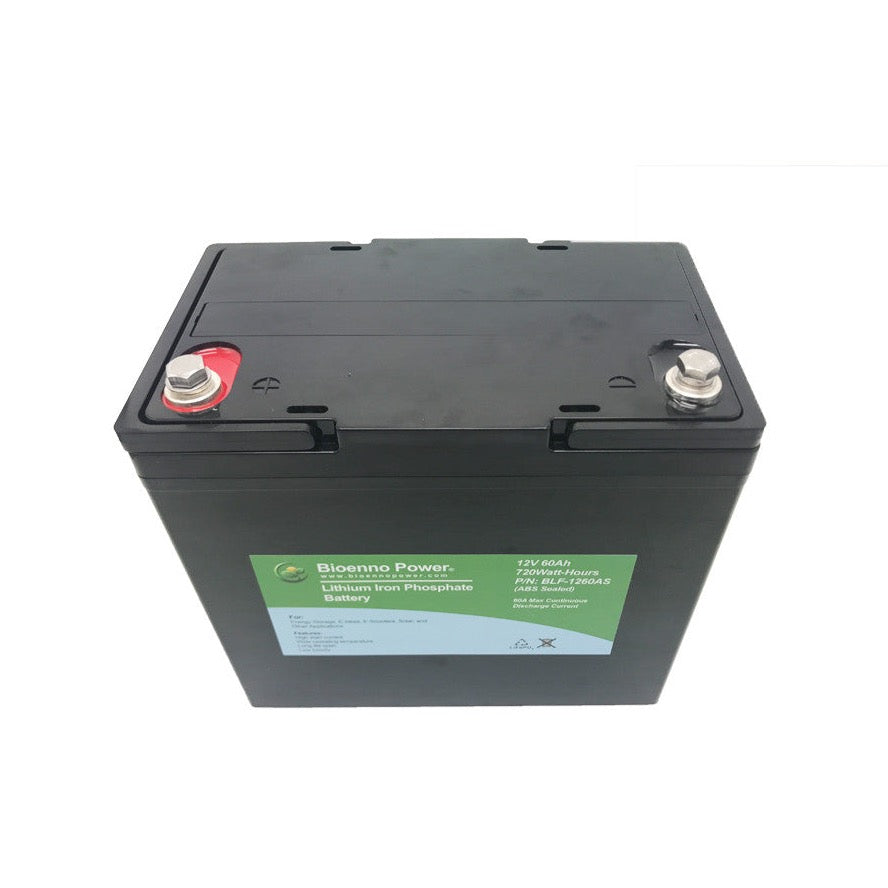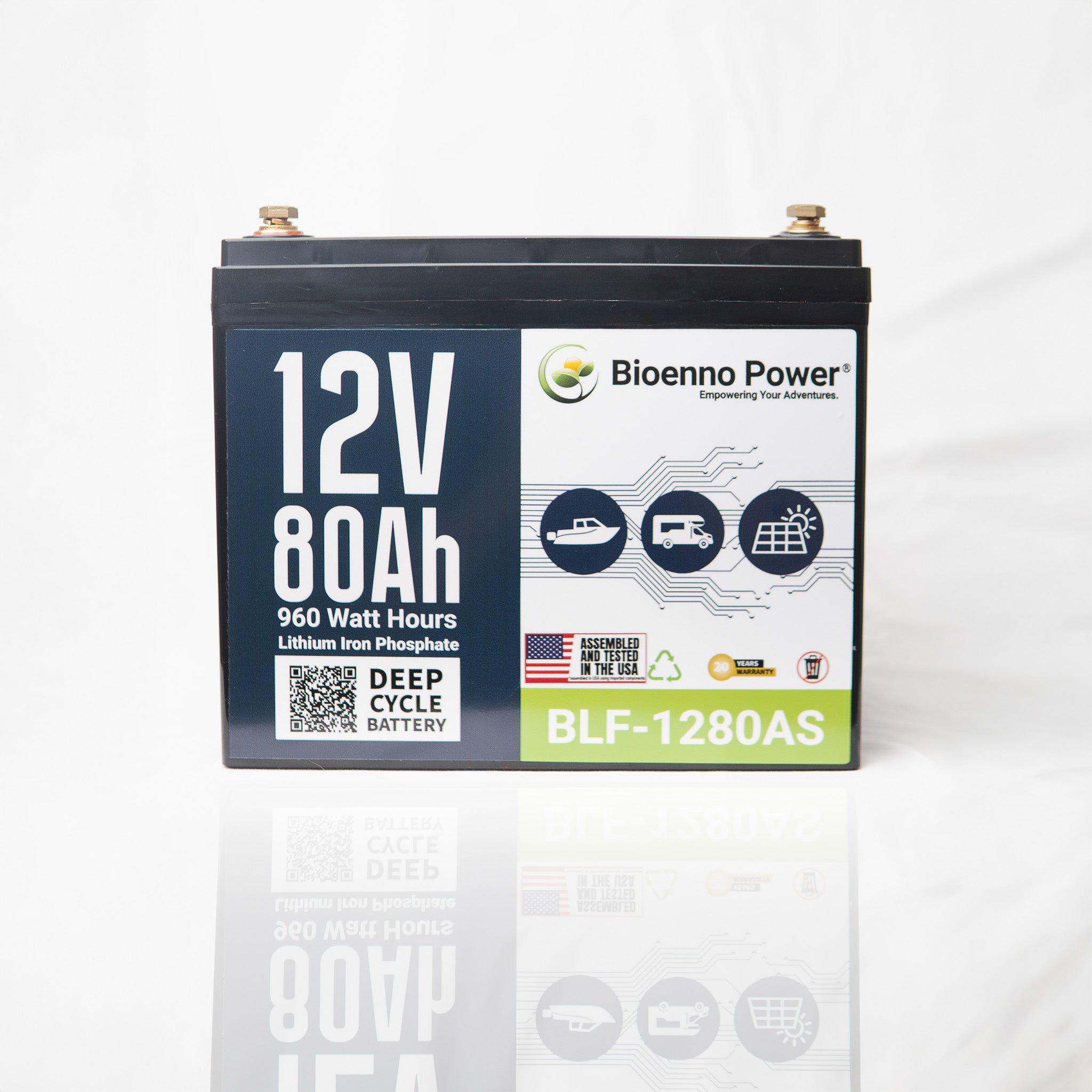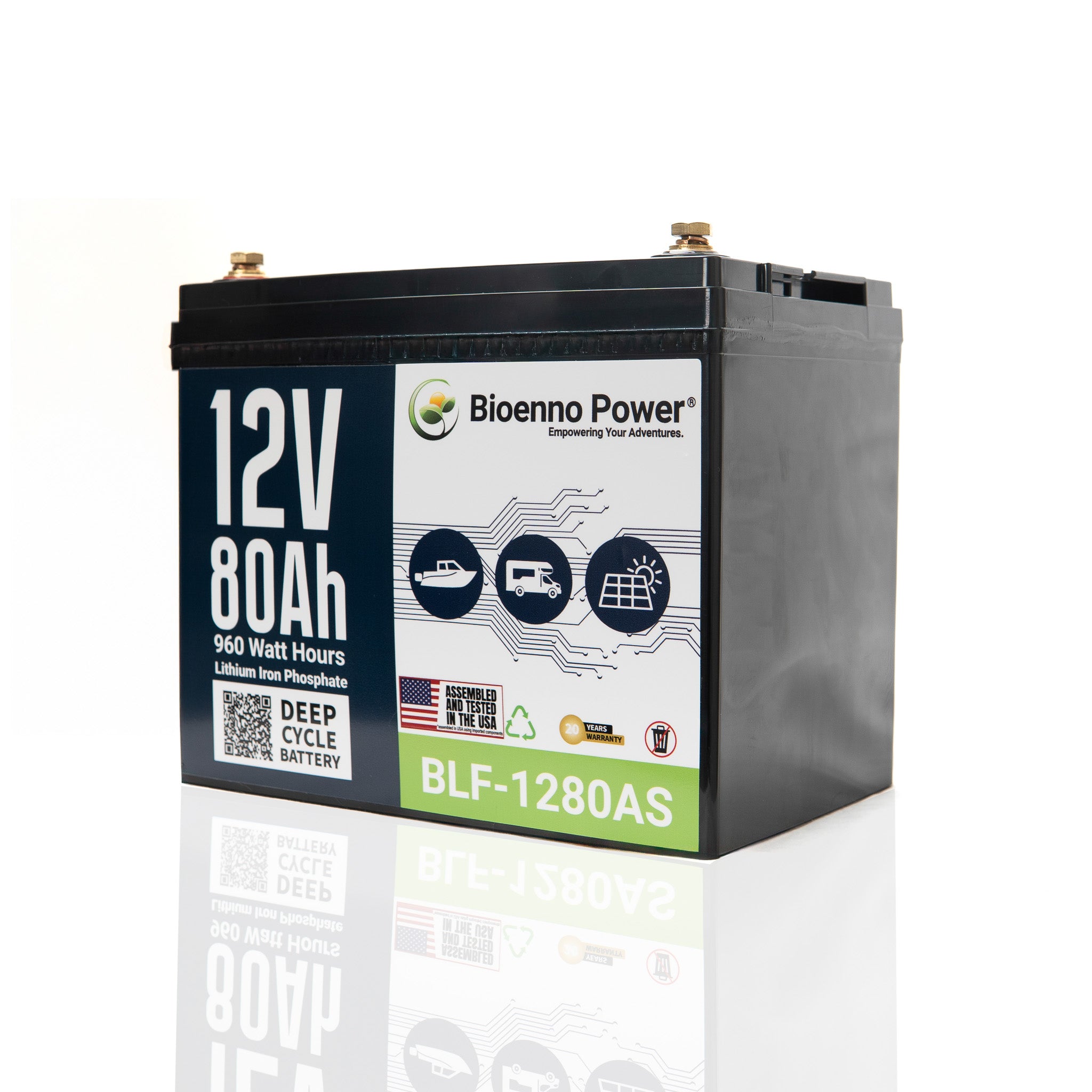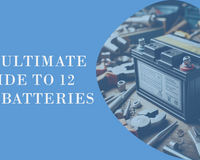Real-World Solar Performance in Cold, Cloudy, and Snowy Conditions
When winter hits, many off-grid users, from vanlifers and RVers to boaters and homeowners, start wondering whether their solar panels will still deliver power when the skies are gray and the temperatures drop. It’s a valid question. After all, solar energy and sunshine go hand in hand, right?
But here's the truth: solar panels absolutely do work in the winter, and in some cases, they even perform better than you’d expect. The key is understanding how winter conditions affect solar performance, how to maintain your gear, and how to pair it with the right battery system, like Bioenno Power’s LiFePO₄ lithium batteries, to keep your setup running smoothly all season long.
The Myth: Solar Doesn’t Work in Cold or Cloudy Weather
One of the most common misconceptions is that solar panels stop working in the winter due to low sunlight or freezing temperatures.
Here’s the reality:
-
Cold weather does not harm solar panels, it can actually improve their efficiency.
-
Solar panels still generate electricity on cloudy days, just at lower output.
-
Snow can block sunlight, but panels typically self-clear due to panel angle, dark color, or simple cleaning.
In short, winter doesn’t shut down solar, it simply requires smart adjustments and a reliable storage system.
How Solar Panels Perform in Winter Conditions

While overall solar output may drop in winter due to shorter daylight hours, panels can still perform effectively under the right conditions.
Cold Increases Panel Efficiency
Contrary to popular belief, solar panels actually work more efficiently in cold temperatures. Photovoltaic (PV) cells operate better when they aren’t overheating, which is why you may get more watts per sunbeam in 30°F than in 90°F.
Cloudy Days Still Generate Power
While output is lower, your panels will still capture diffuse light on overcast days. A high-quality MPPT charge controller will help convert even small amounts of sunlight into usable charging current for your battery bank.
Snow Can Be Managed
Light snow accumulation often melts quickly due to:
-
The dark surface of the panels absorbing heat
-
The angled installation allowing gravity to do its job
-
A quick manual brush-off if needed
Just be cautious when clearing panels, always follow safe practices, especially on rooftops or in icy conditions.
Pairing Solar With the Right Battery Matters More in Winter
Solar is only half of the equation, what you store that energy in is what powers your lights, heat, and electronics.
Here’s where Bioenno Power’s LiFePO₄ lithium batteries come into play:
-
Low self-discharge means you don’t lose stored power between uses
-
Stable voltage ensures consistent performance during cold nights
-
High cycle life gives you reliable energy through winter and beyond
-
Safe chemistry with built-in BMS for protection in fluctuating temps
Using a lead-acid battery in winter often leads to voltage sag, poor capacity, and slow charging. LiFePO₄ solves all of that, giving you a clean, dependable storage system, even when winter throws a curveball.
Best Practices for Winter Solar Success
To get the most from your solar system this winter, follow these practical tips:
Tilt Your Panels for Maximum Sunlight
Adjusting your panel tilt angle (if possible) helps catch more winter sun and sheds snow faster. The lower the sun in the sky, the more vertical your angle should be.
Monitor Voltage and Battery Temp
Keep an eye on your battery’s temperature and voltage, Bioenno’s LiFePO₄ batteries have BMS protection to prevent damage, but it’s still smart to monitor conditions, especially if charging in below-freezing temps.
Use MPPT Charge Controllers
MPPT controllers optimize output during low-light conditions, which is crucial during short or overcast winter days.
Keep Panels Clean and Accessible
If you’re winter camping, parked under trees, or storing equipment outside, check for debris and snow buildup. A quick clean-up can restore hours of usable energy.
Real-World Winter Use Cases
Whether you’re hunkering down in a van for a mountain winter, keeping your boat charged between trips, or just prepping for outages at home, solar + LiFePO₄ can power key systems such as:
-
LED lighting
-
Communication gear
-
Portable heaters (low-wattage)
-
Water pumps
-
Small appliances or inverters
-
Emergency radios and GPS units
It’s a practical, renewable solution when grid access is unreliable or nonexistent.
Why Bioenno Power Batteries Excel in Winter
Not all lithium batteries are created equal. Bioenno Power LiFePO₄ batteries are designed for off-grid use, with performance and safety features that matter most in winter:
-
High power density in lightweight, compact sizes
-
BMS protection to prevent over-discharge or cold charging
-
Portable and scalable for van builds, boats, and backup systems
-
Solar-compatible with Bioenno MPPT charge controllers
-
No maintenance or top-off charging required during storage
These are the kinds of batteries you can store, forget, and rely on, even when the temperatures fall below freezing.
Final Thoughts: Winter Doesn’t Mean Power Down
Solar doesn’t stop working just because it’s winter and with the right setup, neither do you.
By combining smart panel placement, MPPT charging, and Bioenno LiFePO₄ batteries, you’ll have a winter-ready system that can handle short days, long nights, and unexpected weather.
Whether you're powering your mobile lifestyle, securing your cabin, or prepping your home for emergencies, now is the time to upgrade your energy system for colder months.
Explore Winter-Ready Power Solutions
Bioenno Power offers a full range of LiFePO₄ batteries, solar panels, and accessories designed for off-grid living, winter power, and emergency preparedness.
Need help choosing the right battery for your cold-weather setup? Contact our team for personalized advice.

